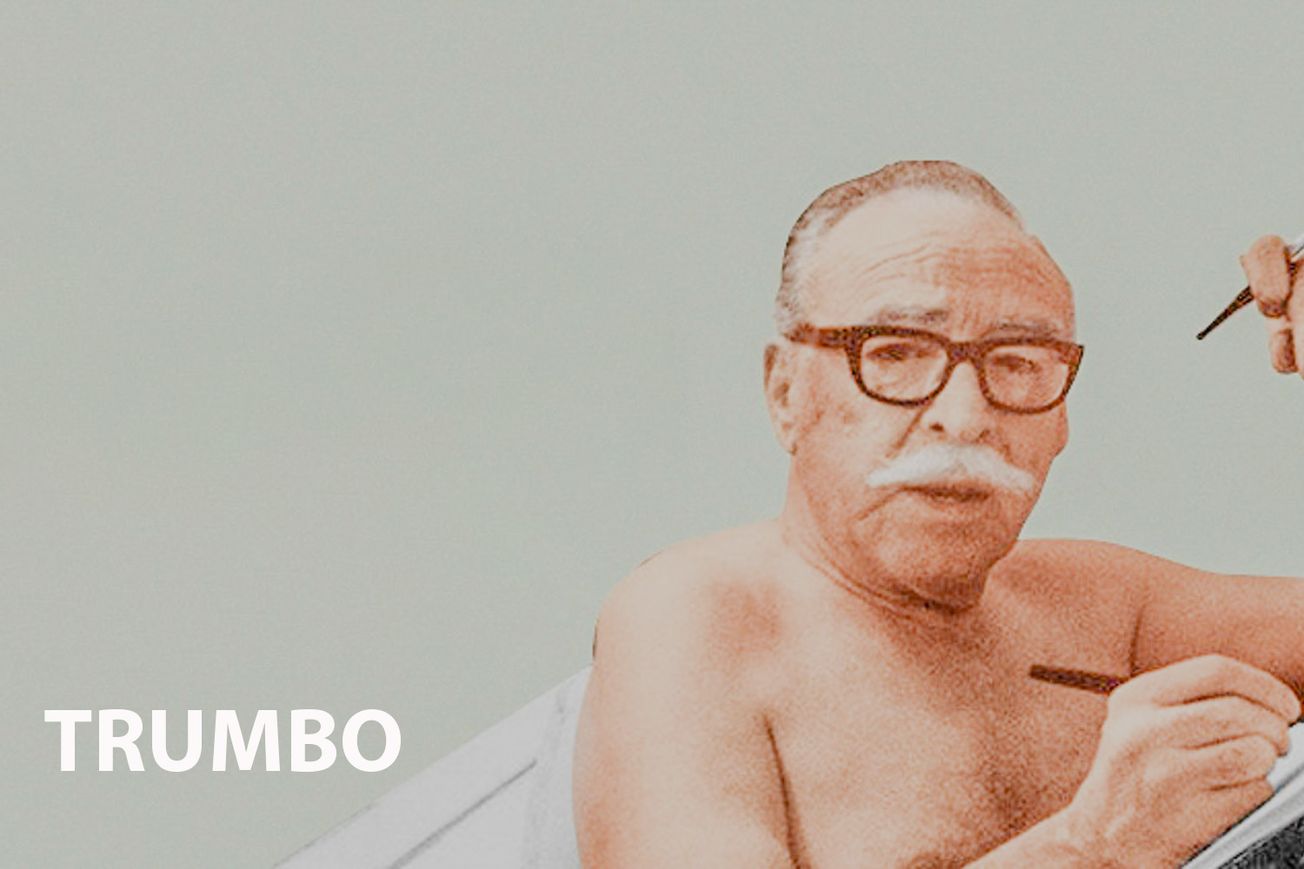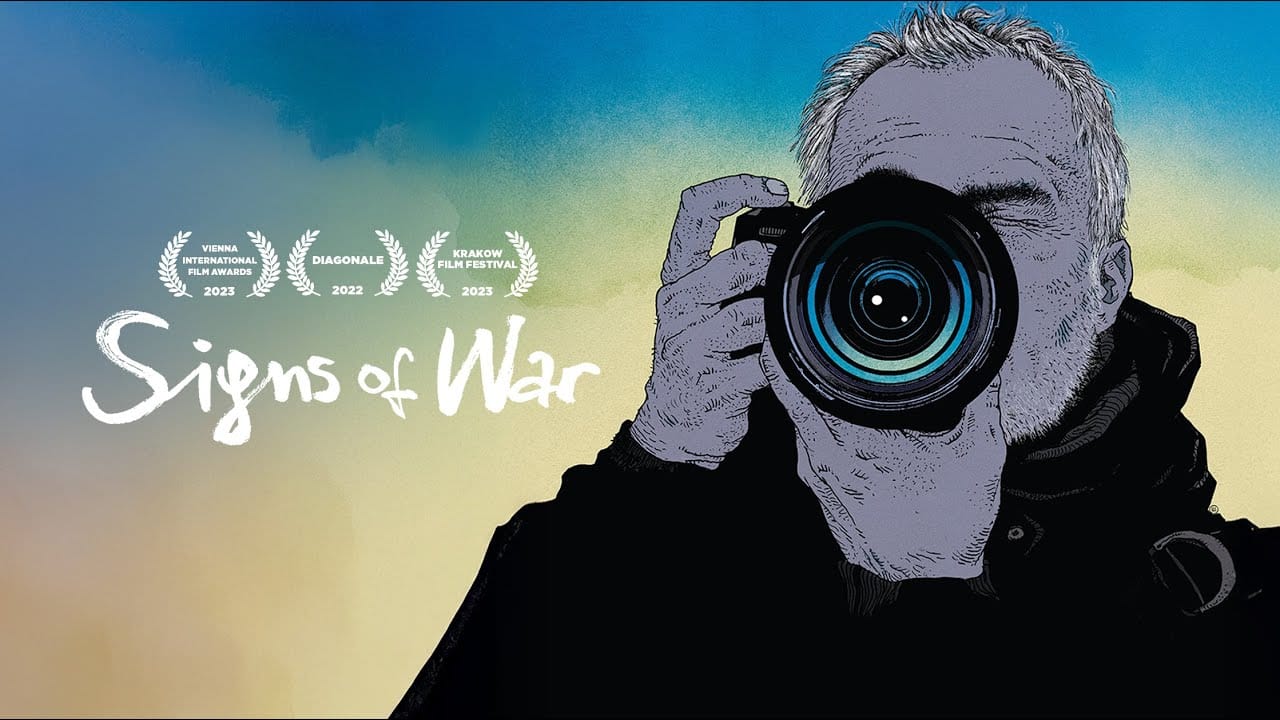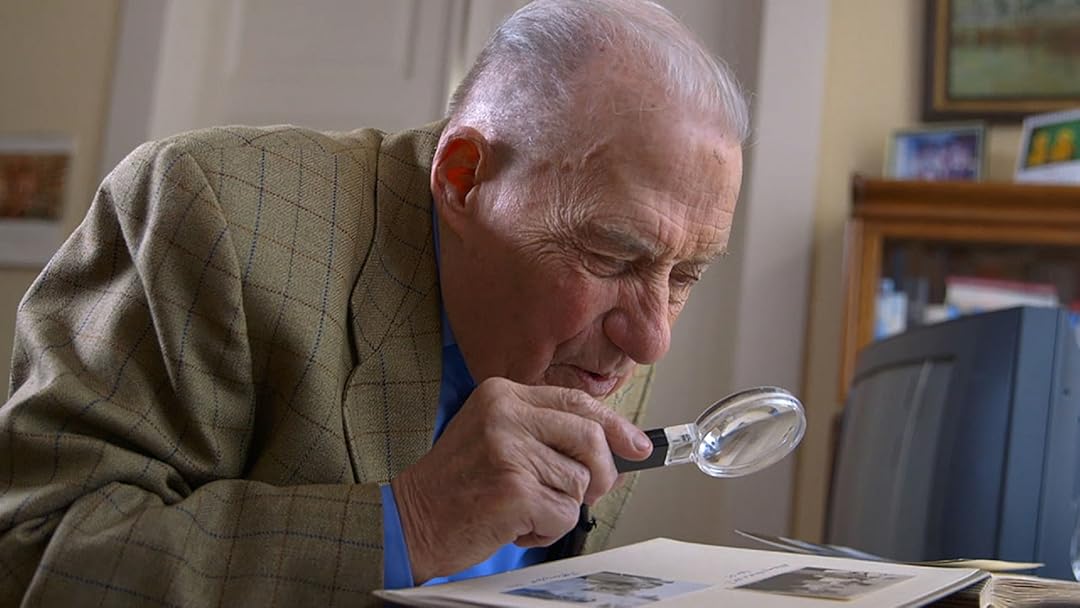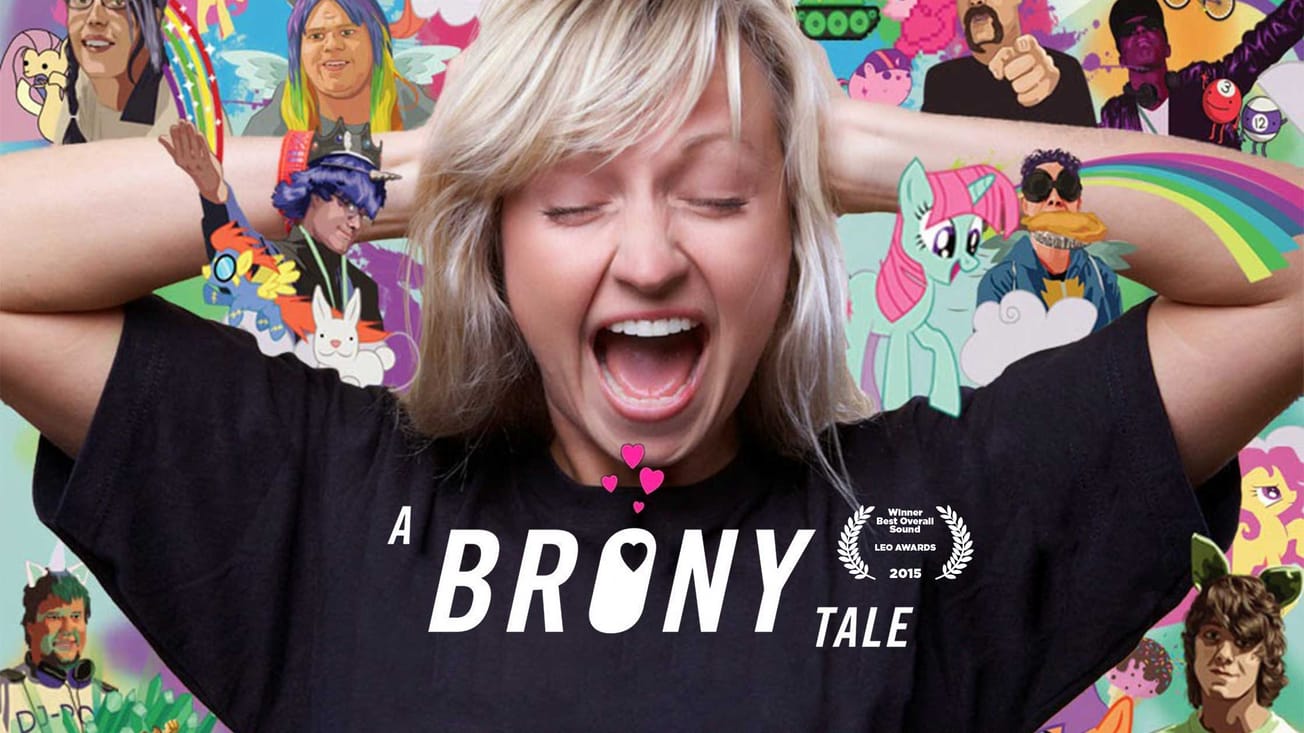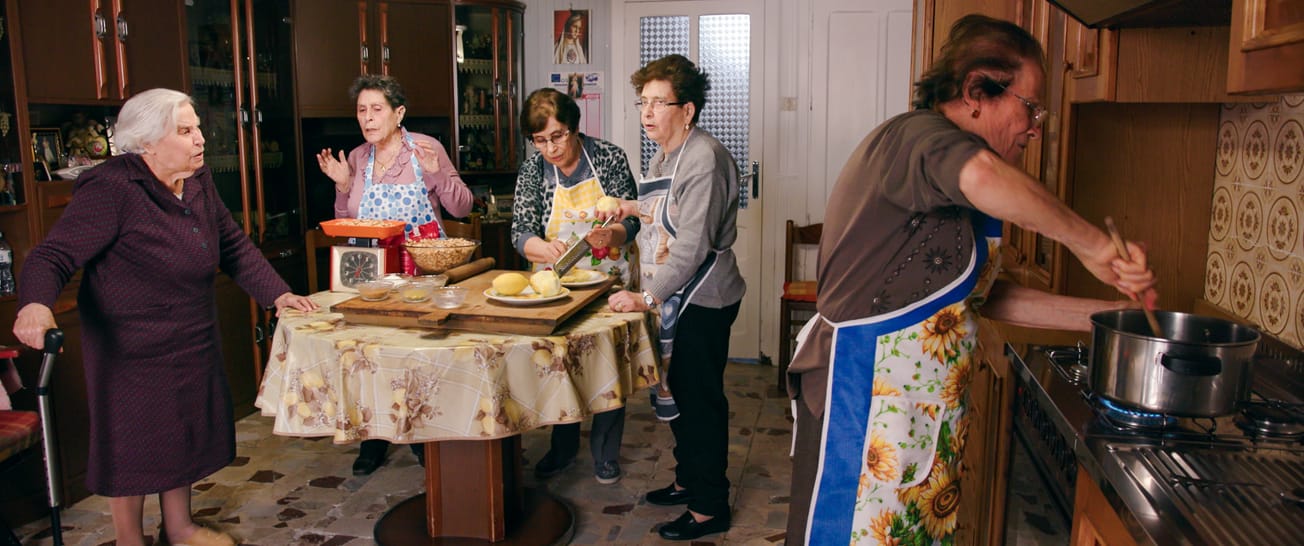Keywords: Dalton Trumbo, Hollywood Blacklist, Communist Pursuit, World War II, Resilience, Freedom of Thought.
Introduction
"Trumbo," directed by Jay Roach and released in 2007, is a thought-provoking portrayal of the life and tribulations of Dalton Trumbo (1905-1976). It sheds light on the aftermath of World War II, particularly the congressional pursuit of Hollywood Communists, and its profound effects on individuals and their families. Given the current global political climate, understanding these historical events is more relevant than ever.
Synopsis
The documentary is a compelling exploration of Dalton Trumbo's life, a successful Hollywood screenwriter who was blacklisted for his political beliefs. The documentary uncovers his fight against the unjust system, his resilience, and how he maintained his career while remaining true to his ideals.
More Film Analysis
Analysis
The documentary adopts an investigative approach, delving deep into Trumbo's personal and professional life. The research is meticulous, offering an in-depth exploration of the subject. The presentation style is engaging, combining interviews, archival footage, and dramatic readings of Trumbo's letters.
Historical and Factual Context
"Trumbo" offers a peek into the era of the Hollywood Blacklist, a time when people were persecuted for their political beliefs. Understanding this historical context can help viewers appreciate Trumbo's struggle and resilience.
Key themes in the film
- The struggle for freedom of thought and expression
- The impact of political ideologies on personal life
- Resilience in the face of adversity
Film Comparisons
Unlike other documentaries on iWonder about Hollywood, "Trumbo" provides an intimate look at the personal cost of political persecution, making it uniquely compelling.
Noteworthy Moments
One noteworthy moment in the documentary is when Trumbo, undeterred by the blacklist, continues to write under pseudonyms, winning two Academy Awards in the process.
Reviews
"Trumbo" was well-received by audiences and critics alike. It was nominated for an Oscar and won 8 awards, with a total of 45 nominations.
Conclusion
"Trumbo" is a compelling depiction of resilience and the struggle for freedom of thought. It's a must-watch for anyone interested in film history, politics, or personal narratives of resilience.
More film information:
FILM SUMMARY
- IMDB score: 7.4
- Nominated for 1 Oscar
- 8 wins & 45 nominations total
PERSONALITIES
- Dalton Trumbo: A successful Hollywood screenwriter who was blacklisted for his political beliefs but continued to work under pseudonyms.
- Helen Mirren: Plays the role of Hedda Hopper, a famous actress and gossip columnist who was one of Trumbo's fiercest opponents.
- John Goodman: Portrays Frank King, a film producer who defied the blacklist and hired Trumbo for his scripts.
LOCATIONS
- Hollywood: The epicenter of the film industry and the blacklist.
- Trumbo's Home: Where much of the writing and resistance happened.
Key Questions Raised by the Film
- How did the political climate during and after World War II influence Hollywood?
- How did Dalton Trumbo manage to maintain his career while being blacklisted?
- What were the personal and professional costs of the Hollywood Blacklist?
Links for Further Exploration
- Dalton Trumbo's biography on Spartacus Educational
- Article on The Hollywood Blacklist by History.com
I wonder what the film would be in another art form
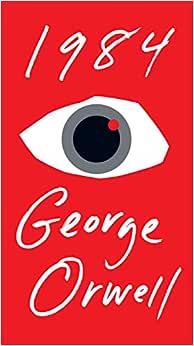


- A famous book, it would be "1984" by George Orwell - both delve into the themes of freedom of thought and the dangers of a totalitarian regime.
- A famous song, it would be "Blowin' in the Wind" by Bob Dylan - both question the status quo and advocate for change.
- A famous piece of art, it would be Picasso's "Guernica" - both depict the struggles and sufferings caused by political conflict.
- A famous celebrity, it would be Charlie Chaplin - known for his resilience and for using his art to critique societal injustices.
- A colour, it would be grey - representing the blurred line between right and wrong in times of political unrest.
- A music style, it would be protest folk - both raise their voices against injustice and advocate for freedom of thought and expression.
